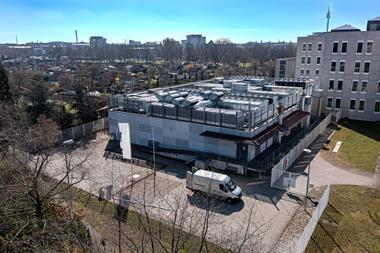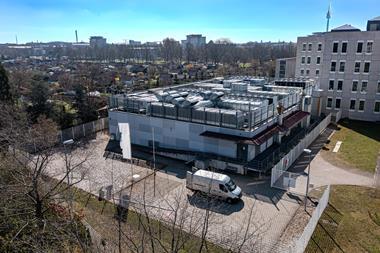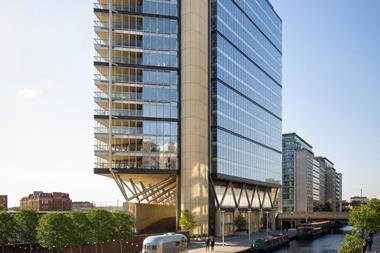UK - London's prime new build residential market is becoming increasingly attractive to investors and developers, and could be beginning to level out, according to Knight Frank's 2009 London residential development review.
Many developers are considering building-to-let properties to take advantage of potential returns from the residential sector, suggested the firm, as land prices have fallen by as much as 70%, mortgage markets continue to be constrained while there is the possibility of achieving yields of over 10%.
According to Knight Frank, falling property prices and low savings rates are also attracting those with cash, including institutional investors, sovereign wealth funds and opportunistic funds.
"Over recent years, investors in rental property have relied on increases in house prices to justify their purchases," said Jon Neale, head of development research at Knight Frank.
"Now, however, it is beginning to make more sense to invest in housing for the rental returns alone - particularly as so many other investments are performing so poorly."
Most newly-built properties have depreciated in value by 20-40% depending on location but the report claims greater affordability has improved sales volumes in 2009 and even warns there could be a shortage of stock in some submarkets.
More specifically, Neale said there has been increasing interest in smaller stock, particularly one and two bedroom flats in prime locations.
The firm predicts London's prime and super prime markets will be more resilient than other sectors and be the fist to recover, before returning to peak levels in 2013.
The devaluation of sterling and lower prices has also generated interest from foreign buyers looking to tap into the prime and super prime sectors in London, and some people have seen 50% reduction in prices if converted into their currency.
"Clearly, reduced bonus levels among City employees will dampen demand in this market. However, supply in super-prime London is highly constrained, and remains popular among international buyers," said Neale
According to the Centre for Economics and Business Research (CEBR), around 50% of bonuses are injected into London's housing market, which means activity and demand are likely to be significantly affected in the short-term.
Knight Frank has predicted demand in London's housing market will continue to be affected by lower employment levels and fewer bonuses until at least 2012.
Transactions are expected to stay subdued for the first half of this year, however, the housing market's upturn will come quickly as the new build sector appears to have reached a ‘floor' in values, suggested the firm.
London and South East properties are expected to be the first regain peak values seen in October 2007 and land values are expected to be the first to reach their floor later this year, although the development industry still faces difficulties getting mortgage or development financing and must contend with low investor confidence and new policy requirements introduced by authorities.
Completion rates in London are currently the lowest since the Second World War. Knight Frank said less than 15,000 homes will be built in London in 2009, which is approximately 20,000 fewer than Communities and Local Government (CLG) thinks London needs.
The Review warned London could face a shortage of over 60,000 homes by 2012 when the housing market is predicted to recover and expects to see more demand for family housing than smaller flats. This could in turn lead to a sharp growth period if demand outstrips supply.
The report suggested landlords who are considering developing their property should submit their planning applications now, as they may be treated more favourably.
If you have any comments you would like to add to this or any other story, contact Poppy Sketchley on + 44 (0)20 7261 4629 or email poppy.sketchley@ipe.com












